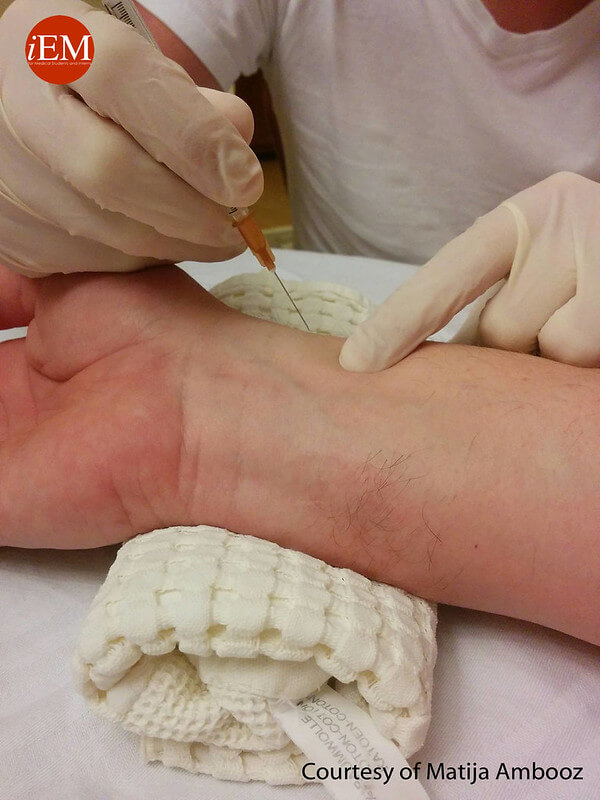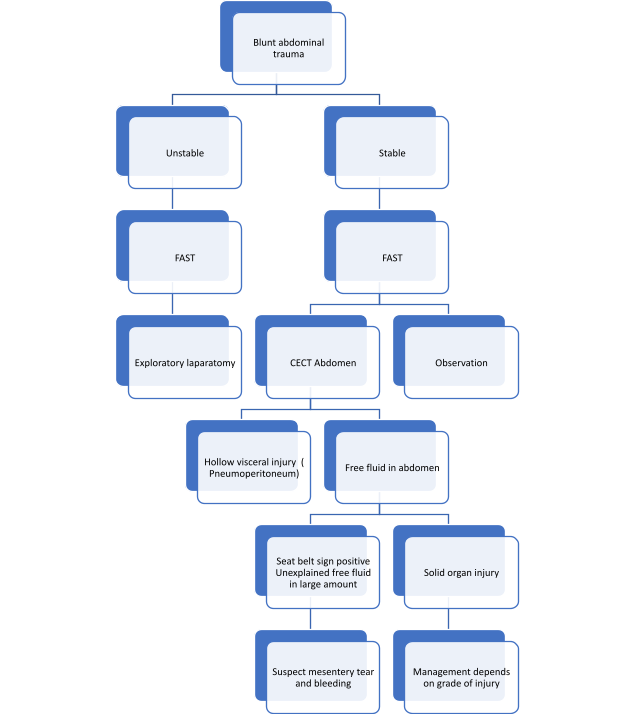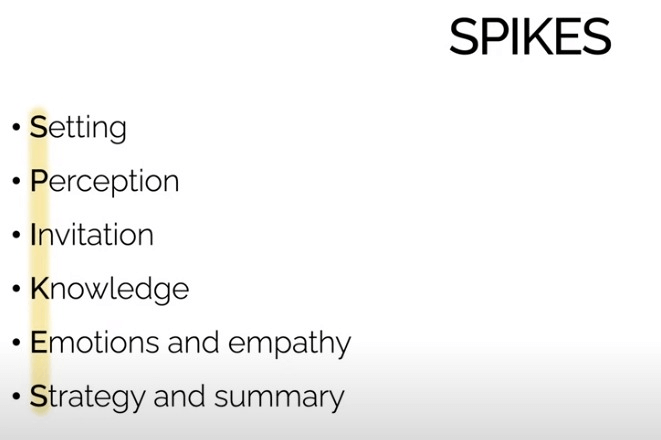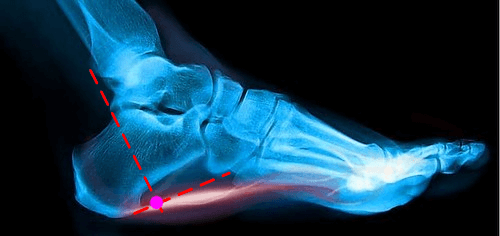Anatomy Plantar fascia arise from medial and lateral tubercles on the inferior surface of calcaneus. The lesion is invariably found at the medial head. Intersection technique 1. Position: Supine with knee flexed and hip externally rotated (figure of 4) 2. Landmark: Point of intersection of a line drawn parallel to…
Category: Clinical Skills and Approaches
History taking and examination skills and Flowchart approaches to commonly encountered medical conditions and diseases.

Communication Module for dealing with an Angry patient or relative
The basic structure for communication skills remains the same. Recall the mnemonic P I CX3. Take into considerations of following points during consultation. Mnemonic: AARRR! Mnemonic Heading Comment A Acknowledge 1. Acknowledge the problem2. Acknowledge the concerns3. Acknowledge and validate the emotions of the patient/relative A Apologize and Empathize Apologize for the…

Communication Module for Obtaining Informed Consent
The basic structure for communication skills remains the same. Recall the mnemonic P I CX3. Take into considerations of following points during consultation. Mnemonic: CONSENTS Mnemonic Headings Comments C Condition & natural history Explain the clinical condition & prognosis O Options & alternatives No treatment, conservative, medical, radiological, surgicalMake patients aware…

Communication Module for Discharge Against Medical Advice (DAMA)
The basic structure for communication skills remains the same. Recall the mnemonic P I CX3. Following additional points must be considered during consultation: 1. Determine decision making capacity. 2. Determine if they genuinely want to leave AMA or if it entails for something else. 3. If patient is determined to…

Communication Skills Module for OSCE
Preparation Introduction Consultation Consolidation Conclusion The structural format can be remembered under the headings using mnemonic P I CX3.

ABG Sampling (Radial Artery)
Start with WIPERS Then ABG 1. Allen’s test (modified): In case of Positive Allen’s test: DO NOT puncture radial artery 2. Bad things: 3. Gather equipment needed Then Procedure 1. Position: 2. Site preparation: 3. Local anesthesia (skin): Offer the patient local anesthesia – 4. ABG sampling: 5. Post sampling:

An approach to Abdominal Trauma
Abdominal Trauma Abdominal trauma can be broadly classified into: Both of these have different approach of management. In case of any trauma, you need to go serially as per ATLS guidelines, i.e., the primary survey followed by the secondary survey. For quick recap, primary survey includes: Note: according to ATLS,…

Breaking Bad News – SPIKES and NURSE mnemonic
Setting Mnemonic: IPC Perception of condition/seriousness Invitation from the patient to give information Knowledge – giving medical facts Explore Emotions and Empathize Strategy and Summary SPIKES protocol in application Practice: https://www.oscesense.com/osce-practice-communication-breaking-bad-news-2 References:
